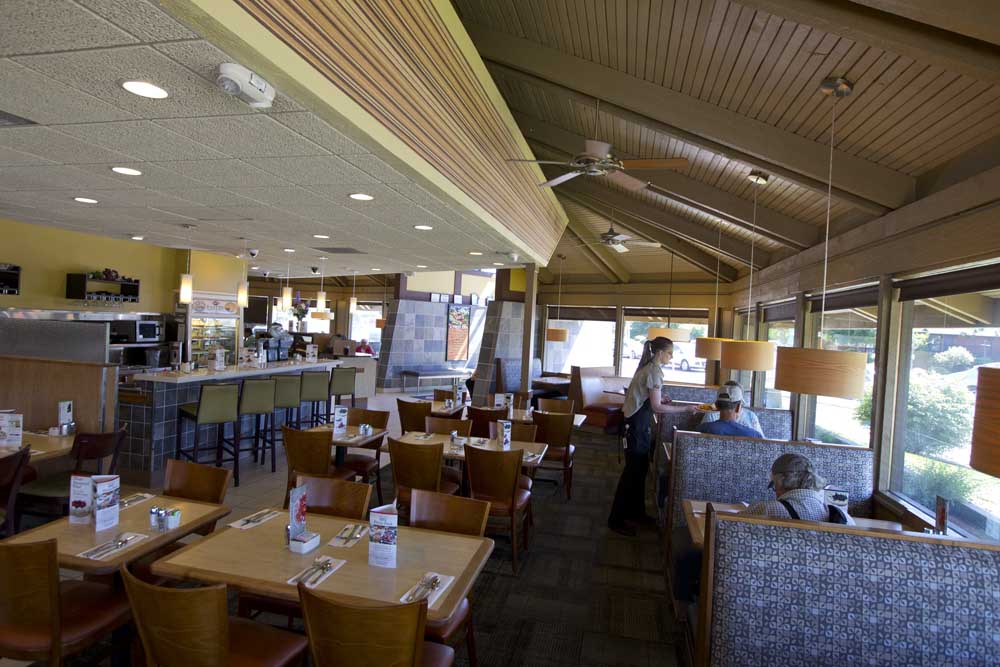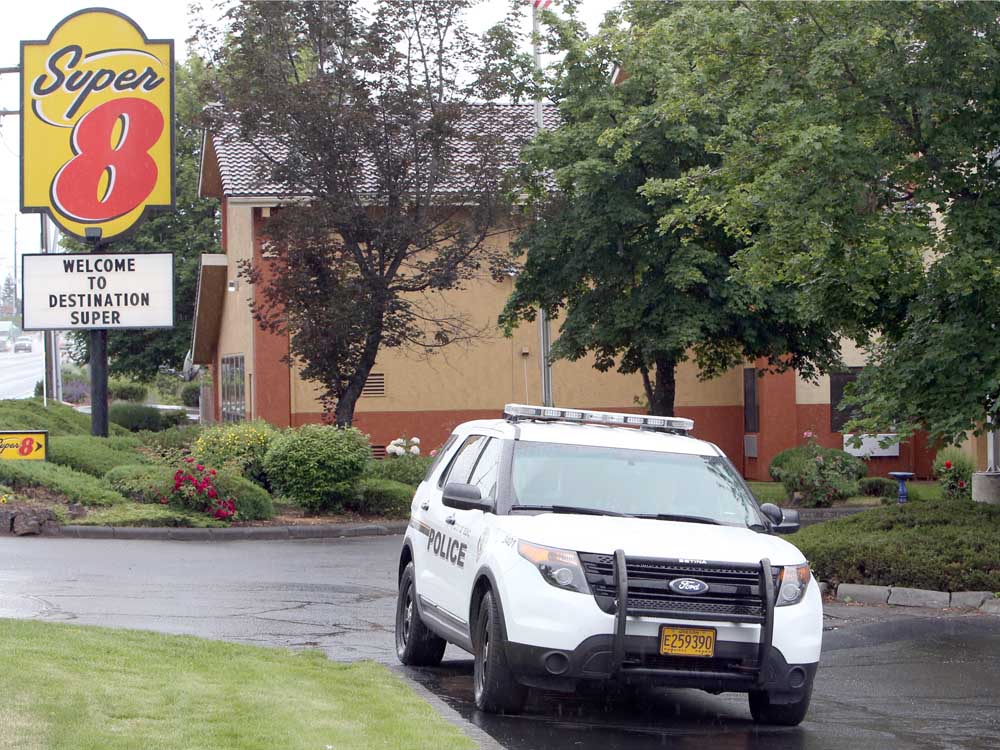Central Oregon golf resort, Juniper Preserve, vies for psilocybin center
Published 8:30 am Monday, March 18, 2024

- Juniper Preserve, which features spa and wellness activities, would like to add a facility where guests would be able to micro-dose psilocybin, which is the psychedelic compound found in “magic mushrooms.”
A luxurious golf resort nestled among thousands of acres of public land in Deschutes County could become a vanguard for psilocybin therapy as it seeks to create a place where visitors can heal and golfers can improve their game.
When Oregonians first considered the first-in-the-nation therapeutic psilocybin program, they often heard about treatment for PTSD, depression and end-of-life anxiety. But at Juniper Preserve, psilocybin is being touted as a way to heal and help golfers.
Juniper Preserve is celebrated for its spa facilities, two golf courses designed by some of the greatest to play the game, hotel, vacation rentals, homes, pools and even an old lava cave.
Adding a facility where resort guests would be able to micro-dose psilocybin, which is the psychedelic compound found in “magic mushrooms,” would make Juniper Preserve the first psilocybin facility in Oregon close to nature with overnight accommodations.
The resort is required to obtain land-use approval from Deschutes County before opening a psilocybin service center, which was the reason for a public hearing on March 12. A decision one way or the other isn’t expected until April.
Psilocybin is a part of the modern luxury travel landscape, Bill Walshe, a representative for the owners of Juniper Preserve, said at the hearing.
“It’s about transformation not tripping. It’s about performance not pleasure. And it’s about creating an environment to be high-achieving. It’s not about achieving highs,” said Walshe, an Irishman based in Los Angeles as the CEO of the luxury hotel brand Viceroy Hotel Group.
Central Oregon’s foray into the psilocybin industry
While it’s still illegal at the federal level, Oregonians voted to legalize psilocybin therapy in 2020, which allowed for two years of preparation so the state and locales could craft rules. Deschutes County voters affirmed the statewide vote in 2022, which led officials to create regulations that allow psilocybin services in destination resorts like Juniper Preserve.
Oregon’s first psilocybin facilitators, who lead sessions of psilocybin therapy, were licensed in May 2023. Some of the very first were based in Bend. Since then, more than 600 people participated in Oregon’s first year of legal psilocybin therapy, according to estimates from psychedelic nonprofit, the Healing Advocacy Fund.
As Oregon’s psilocybin industry takes shape, Juniper Preserve’s pursuit of a service center means it is treading into wellness, research and tourism-focused services — all of which can exist under the state’s framework, so long as health and safety requirements are met.
“Individuals can expect to engage in activities such as breath-work, yoga, movement, golf-specific fitness, golf coaching or other relevant activities under the effects of a low dose of psilocybin,” said Melissa Sanchez, who is among the resort’s wellness center staff, at Tuesday’s public hearing.
The resort envisions a wellness-based, non-medical psilocybin program. Purchasing, consuming and experiencing psilocybin must take place on the resort’s licensed premises, the resort’s lawyer Corinne Celko said at the hearing.
The Oregon Health Authority’s rules for psilocybin prescribe minimum time limits when someone ingests psilocybin in a service center, so people can’t just leave, Celko said.
A hole-in-one for psilocybin
Juniper Preserve recruited a slew of supporters to speak in favor of psilocybin therapy at the resort. They included Robin Carhart-Harris, a professor of neurology at University of California San Francisco who said he has conducted psychedelic research for 15 years. Another was two-time PGA Tour winner D.J. Trahan, who said psychedelics helped him deal with his depression and severe anxiety.
“The great thing about golf is it gives you a lot of clues to where you’re blocked in life,” said Cate Ritter, a former collegiate golfer who is now a licensed psilocybin facilitator in Bend.
Interest in psilocybin is building among professional golfers — and professional athletes, in general — she said.
Psilocybin is not prohibited as a performance enhancing drug for athletes, according to the U.S. Anti-Doping Agency.
“We all have an expectation when we go golfing,” Ritter said. “But it’s really how we react to those shots that determines how good our scorecard looks at the end of the round.”
Ritter was trained in facilitating psychedelic experiences by indigenous shamans in South America. She recently received her licensed in Oregon after going through a six-month training program based in Portland called InnerTrek. Golf has been a major part of her life, and Juniper Preserve presents a unique opportunity to attract both golfers and people seeking healing in a beautiful setting, she said.
“Psilocybin offers the potential to really shake things up in a lot of ways,” Ritter said.
Looking down the green
Homeowners at Juniper Preserve weren’t as eager to bring psilocybin to the resort. In fact, they showed up in droves at the Tuesday public hearing to oppose a center.
“I don’t know about you but I wouldn’t want my children or grandchildren near where this substance was being administered where someone could have a negative reaction and hurt those around them,” said Patricia Lucas, a Juniper Preserve resident.
One resident accused the resort of being more interested in revenue than wellness.
Facilitated psilocybin experiences cost thousands of dollars, typically depending on the length of the experience. Multi-day psilocybin services can cost upwards of $6,000. Single-day experiences typically start at $2,000. Some centers use a sliding scale.
At Juniper Preserve, which rebranded as a wellness resort in 2022 shedding its former name Pronghorn, room prices range from roughly $150 a night in winter to about $425 a night at the height of summer travel, according to previous reporting by The Bulletin.
Visit Central Oregon, the region’s tourism arm, declined to comment for this story.






